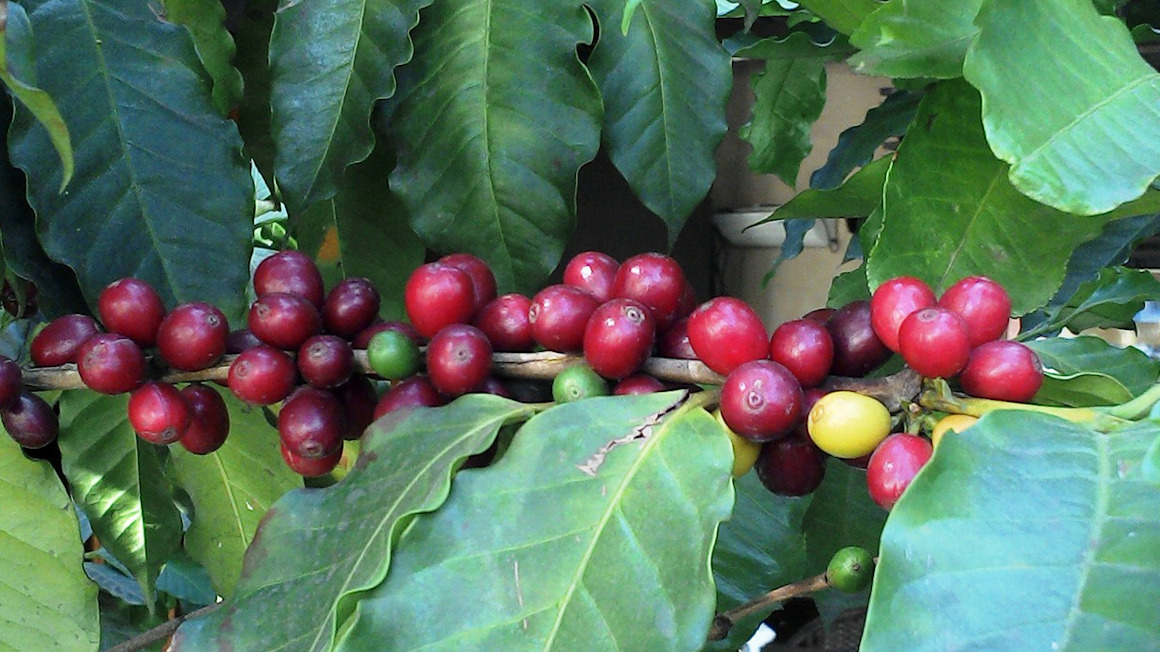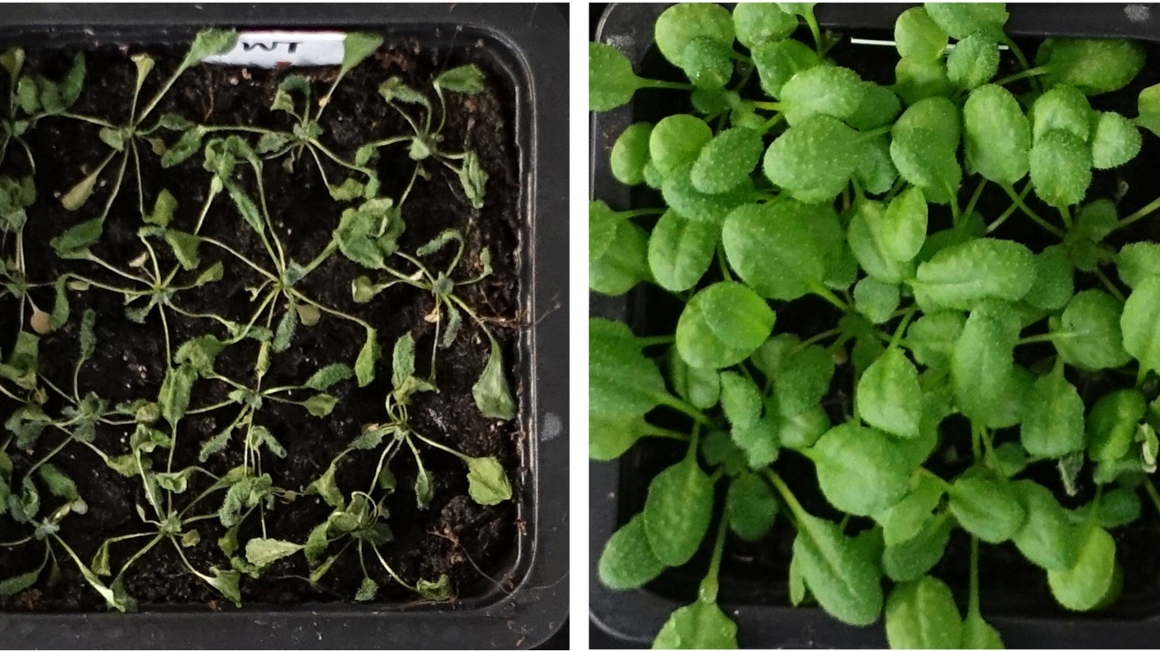Reference genome for Arabica coffee available online
An international research team involving the University of Leipzig and the food company Nestlé has developed a database to better identify and breed climate-resistant coffee plants.

There are around 120 coffee varieties worldwide. However, the Arabica variety is at the forefront of coffee production with 70%. However, climate change is increasingly causing yield losses, as the plant is extremely sensitive. It tolerates heat and drought poorly and is therefore more susceptible to disease. What's more, experts believe that suitable areas for coffee cultivation will continue to shrink as a result of climate change. This would also affect Brazil, which is one of the world's leading coffee producers. An international research consortium involving the University of Leipzig has now created a new tool for plant research to support the selection and breeding of climate-resistant plants.
Using AI to create more resistant coffee varieties
Together with the food company Nestlé, researchers from France, Brazil, Singapore, the USA, Uganda, Finland, Belgium and Germany investigated how advanced data science and artificial intelligence can be used to support the selection and breeding of more climate-resistant plants. The result is a reference genome for the coveted Arabica coffee variety, which is now available to researchers in a publicly accessible digital database.
"As part of the international collaboration, our group identified the parts of the genome that represent non-coding RNAs," explains Peter Florian Stadler, Director of the Interdisciplinary Centre for Bioinformatics at Leipzig University, who was involved in the study together with Jan Engelhardt. Like messenger RNAs, non-coded RNAs fulfil important functions in the regulation and coordination of every cell. The study has been published in the scientific journal „Nature Genetics“.
Identifying new genetic markers of coffee varieties
The reference genome will now help researchers to identify important genetic characteristics of coffee varieties in order to determine specific traits such as the size of the coffee cherries or greater resistance to disease and drought, as well as flavour or aroma characteristics. "Simply put, our new reference is like a high-quality map of a large city. It will help us to identify important genetic markers in the Arabica genome that are responsible for certain characteristics of the adult plants," says Jeroen Dijkman, Head of the Nestlé Institute of Agricultural Sciences.
bb


